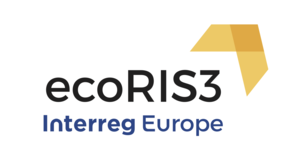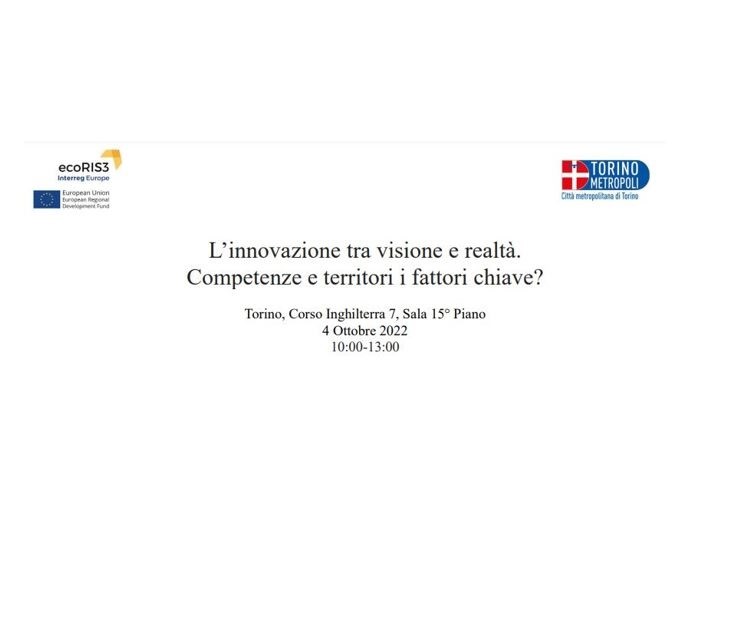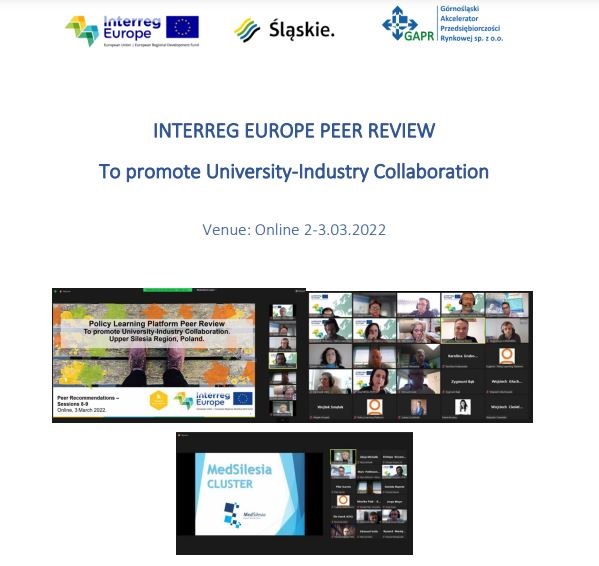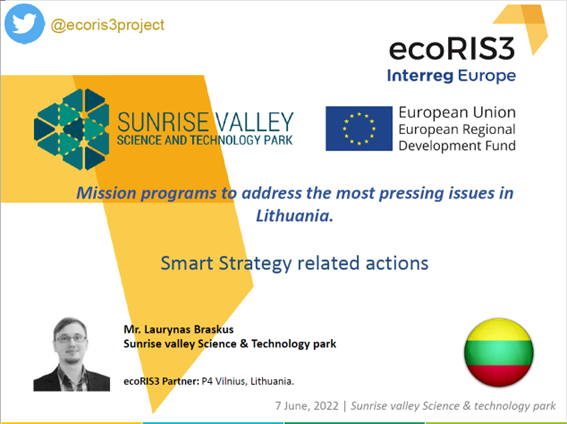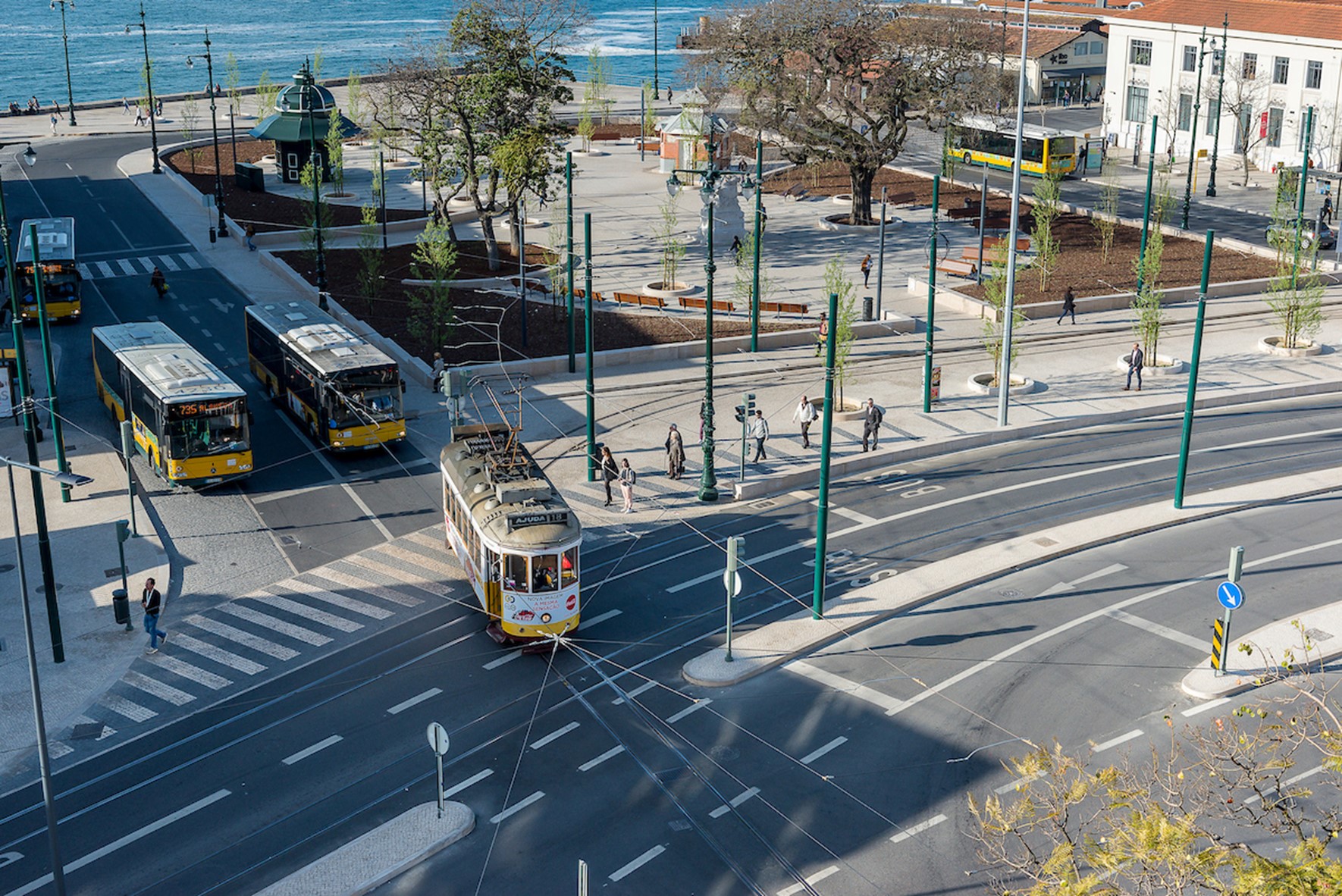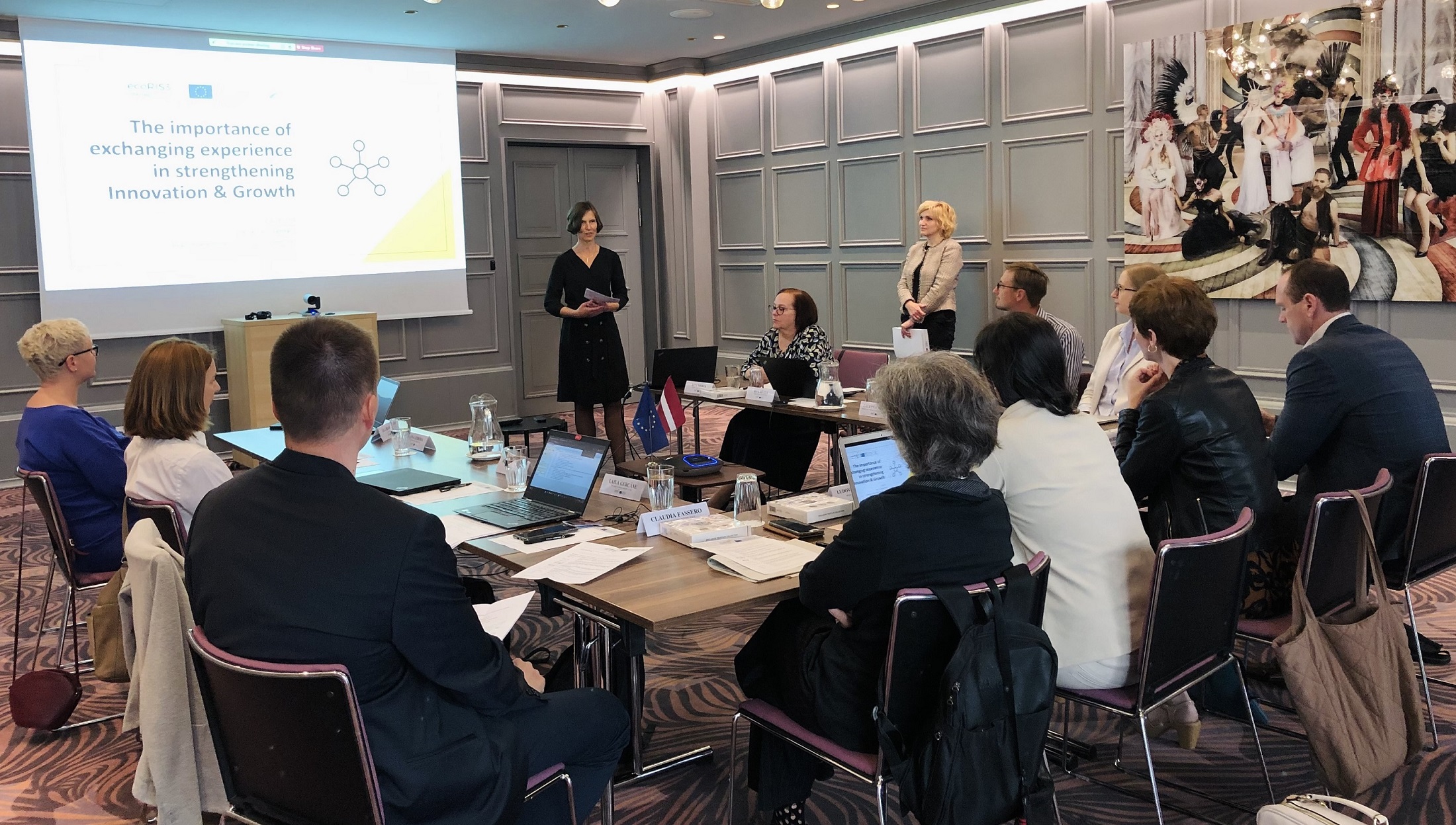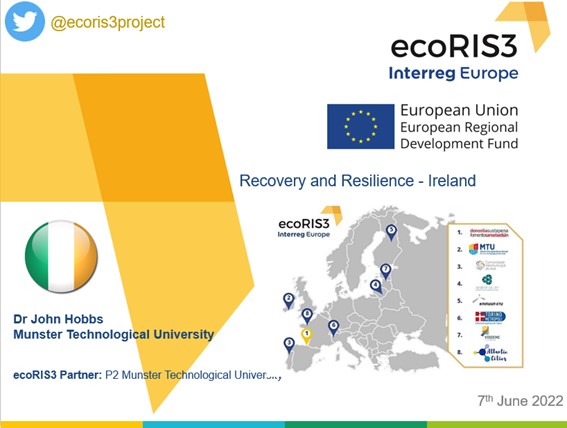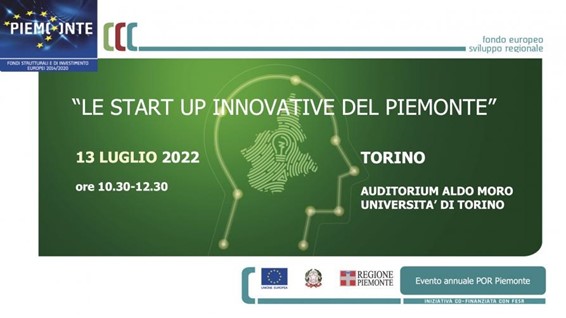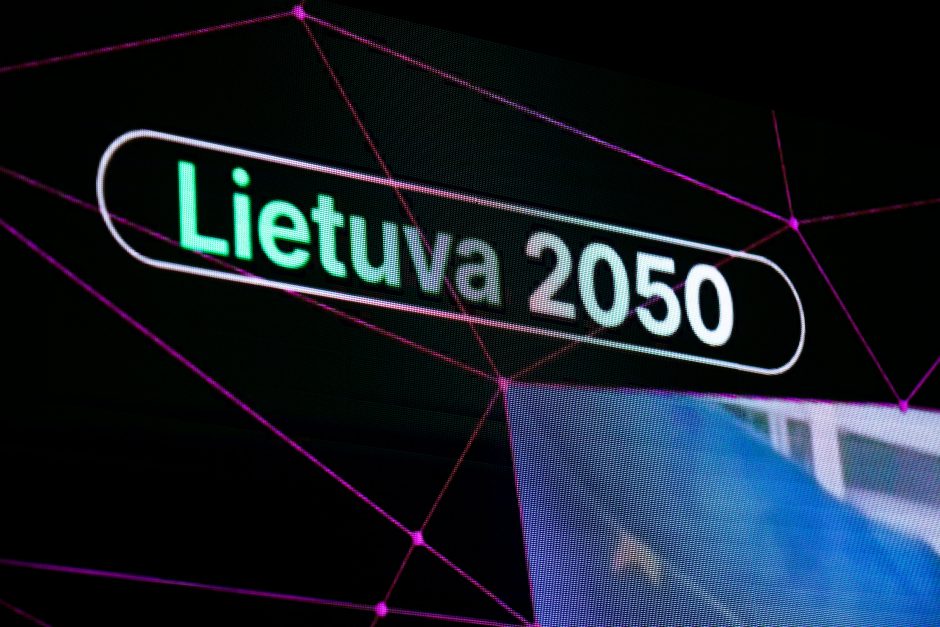On the 13th of July 2022, the annual event concerning Piedmont’s 2014-2020 ERDF Regional Operational Programme took place in Turin. At a time when the 2014-2020 EU Cohesion Policy cycle is reaching its final closure and the 2021-2027 cycle is about to set off, a decision was made to center the annual event around a measure that proved to be one of the most successful among those that were co-financed through the Region’s 2014-2020 ERDF Programme, so as to discuss the impact it has generated and to identify grounds of possible improvement.
The measure that was discussed – “Supporting the consolidation and growth of innovative start-ups” (SC-UP) – was identified in the ecoRIS3 Action Plan presented by the Metropolitan City of Turin (CMTo) as the policy instrument to be influenced through CMTo’s participation to the ecoRIS3 interregional cooperation project.
The measure was launched in 2019, with the aim of supporting the consolidation and growth of innovative start-ups active in the region, by awarding them a grant of 150 to 500 thousand euros intended as complementary to private capital investments autonomously secured by the firms, attesting their potential for growth. 43 innovative start-ups were financed through SC-UP (2019-2021), for a total of more than 14 million euros invested by the Region through its 2014-2020 ERDF ROP.
The event saw the participation of Andrea Mancini, representing the European Commission, along with the member of the Piedmont regional government in charge of the Region’s environmental, energy, innovation and research policies, Matteo Marnati, and the Director of the administrative body responsible for the design and implementation of the measure and Managing Authority of ROP Piedmont ERDF, Giuliana Fenu.
Two vision speeches were held, one by Matteo Tarantino (Algor Lab), focusing on the transition “from the idea to the firm”, and the other centering around how to lead a newly established start-up to success, so that it can generate its intended impact, offered by Meg Pagani, Impacton founder and CEO.
Through the open debate that followed, organized in the form of two fish-bowl sessions, participants were able to exchange views and ideas on how to best support start-ups in their path towards consolidation and growth, as well as on how to promote coordination among the actors of the regional innovation ecosystem.
The event offered CMTo the opportunity to once again engage with local stakeholders and reflect on how territorial entities operating at the metropolitan level can contribute to the promotion of innovation.
